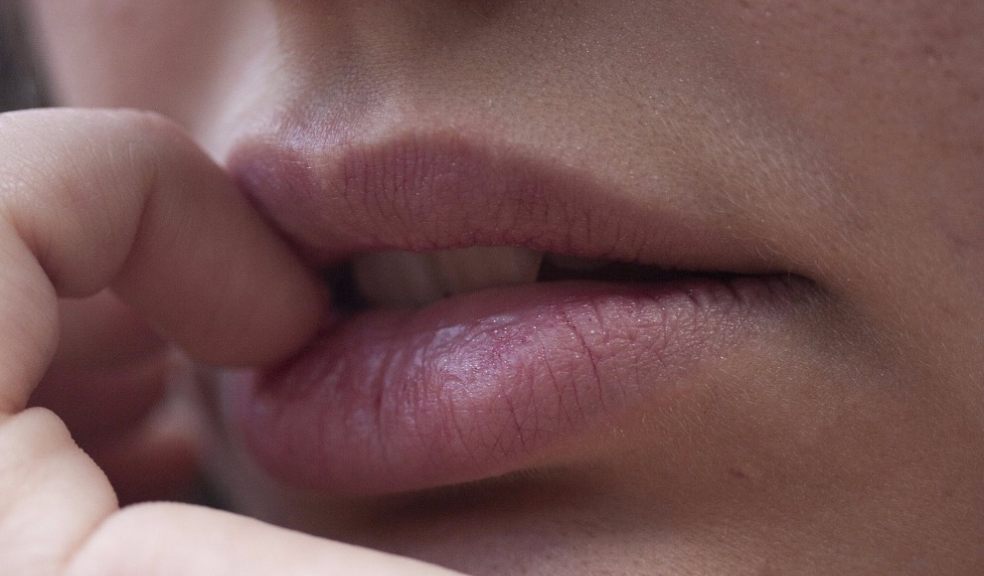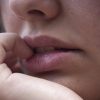
What are the symptoms and signs of menopause?
Menopause is like a bumpy road trip in every woman’s life. Even though awareness helps, nothing can be planned ahead for this roller-coaster ride. There is no clear start or end. It can start any time after the age of 40 and can extend over many years until it finally stops. It varies for every individual and hence the unpredictability is inevitable. However, you can be mentally prepared on what to expect during this phase.
What is Menopause?
Menopause is a natural biological process that marks the end of the fertility period of women. That essentially also means the end of menstruation cycles and goodbye to periods. The average age women reach menopause is 51, but it can happen at any time between the age of 40 to 50. Before menopause sets in, there is an initial transition phase called perimenopause. In this stage, the body provides clues that the process of menopause is starting. The point to note here is that even after this, our last period will still be years from now.
Causes of Menopause
The menopause is a process that happens naturally and occurs when the ovaries have no functioning eggs left in them. When a girl is born, she has about a million to 3 million eggs and they are gradually lost. By the time the girl reaches puberty and gets the first period, there will be an average of 4 lakh eggs. When she reaches menopause, there will be less than 10k eggs or fewer. While most of these eggs die through a process called atresia a small percent of it die due to ovulation.
The growth of eggs during the initial half of the menstrual cycle is due to follicle-stimulating hormone, which is a reproductive hormone. As a woman ages, the egg production reduces and so does the production of another hormone called estrogen.
Estrogen is an essential hormone and affects most parts of the body. The heart, breasts, bones, blood vessels, skin, brain, and even the urinary system are affected by estrogen. So when the estrogen levels are low, it causes many symptoms that are synonymous with menopause.
Signs and Symptoms of Menopause
During menopause, the production of estrogen and progesterone is lowered. So the symptoms are mainly due to the effects of these on the body. Some of the common symptoms are:
Hot flashes
This is one of the primary and common symptoms of menopause. It is a feeling of sudden heat in the upper portion or all over the body. You feel flushed and the face and neck turn red and sweaty. The hot flashes can be really intense or mild and can happen even at night and can wake you up. It can last anywhere between 30 seconds to 10 minutes. Almost all women have hot flashes during menopause and can last for a year or more after the final period of menstruation. The intensity of it reduces after some time.
If these hot flashes are disrupting the quality of your life, there are many treatment options available. There are some home remedies and supplements, mentioned in https://www.patchmd.com/menopause-supplements-symptoms.html that can help as well. Talk to your doctor before you take any supplements as they will recommend the right dosage.
Insomnia
Quality of sleep is essential for every person. An adult should get at least 7 to 8 hours of sleep every night. But sleep can be disrupted during menopause as it becomes hard to sleep or stay asleep during this phase. Try to get as much sleep as possible and also indulge in breathing exercises and relaxation techniques. Incorporate regular exercise during the day so that you get to sleep at night. Follow the right sleep hygiene and avoid foods that disrupt it.
Urinary Incontinence
Loss of bladder control is also one of the common symptoms of menopause. There is a constant urge to urinate even when the bladder is not full. There can also be pain during urination. The reason behind urinary incontinence is the loss of elasticity and the thinning of the lining in the tissues of the vagina and urethra. The pelvic muscles also become weak which results in frequent urination. Kegel exercises that help in strengthening the pelvic muscles is an effective method to get relief. Staying hydrated and abstaining from alcohol also proves beneficial.
Vaginal Atrophy
It is due to the reduction in estrogen levels and also inflammation of the vaginal walls. Estrogen therapy, estrogen cream, etc can help treat this condition.
Mood Swings
Due to the hormonal changes in the body, there is a significant effect on the moods of women in this stage. Feeling depressed, irritated and having extremely high and low moods in a short span of time are common.
Skin and Hair change
Due to the reduced production of estrogen, there can be hair loss or the hair becomes dry and brittle. The loss of collagen and fatty tissue causes the skin to become dry, thin and lose elasticity.
Urinary Tract Infections(UTI)
Many women are at a higher risk of urinary tract infections during menopause. This is mainly because of the reduced level of estrogen in the body which makes the urinary tract more prone to infections. Some of the common signs of UTI are frequent urination or burning sensation during urination. Visit a doctor if you have such symptoms, a urine test will confirm UTI. It can be treated with a round of antibiotics. There are many natural supplements that can reduce the chances of getting UTI.
Vaginal Dryness
The vaginal walls have a layer of moisture and due to the reduced estrogen production, the layer of moisture becomes dry. That can lead to vaginal dryness, itching or burning sensation around the vulva. It can also cause to frequently urinate. There are many lubricants and moisturizers that can be used to decrease the dryness. Additionally, understanding the underlying health of your vagina is essential in choosing the right products and treatments. A vaginal health test can provide valuable insights into the balance of bacteria and pH levels in your vagina, helping to identify if there are any other contributing factors to the
Complications of Menopause
There are a few complications that can happen after menopause. Some of them are:
Osteoporosis: It is a condition where the bones become brittle and increase the risk of fractures. There is a rapid decrease in bone density in the first few years of menopause hence more susceptible to osteoporosis. That makes them vulnerable to the wrist, hip and spine fractures.
Cardiovascular disease: There is a high risk of cardiovascular disease due to the decrease in estrogen levels. A healthy diet and regular exercise are essential followed by regular health checks. It is also important to keep your blood pressure and cholesterol levels in control to prevent cardiovascular diseases.
Weight gain: After the menopausal or during the transition to this stage, women tend to gain weight. That is because the metabolism becomes slow. To maintain proper weight or the current weight, women may have to exercise more regularly and keep a watch on their diet.
Urinary incontinence: Women even after the postmenopausal phase may suffer from involuntary urine loss or may have a sudden and frequent urge to urinate. This can also happen when lifting something heavy, laughing or coughing. This urinary incontinence is because the urethra and the vagina tissues lose their elasticity. One of the treatment options for relief from these complications is hormone therapy. Even Kegel exercises that help to strengthen the muscles of the pelvic floor are effective.
Reduced libido: Due to the loss of elasticity of the vaginal walls and dryness in the area, there is decreased production of moisture. Hence there is decreased libido. Vaginal moisturizers and lubricants may be beneficial to get relief from dryness and itching.
As mentioned earlier, menopause symptoms last for many months or years and vary from person to person. Visit the doctor regularly and get your health monitored. Adopt and follow a healthy lifestyle, with proper diet and exercise. Include natural supplements if you are unable to get the required nutrition from your diet.




















